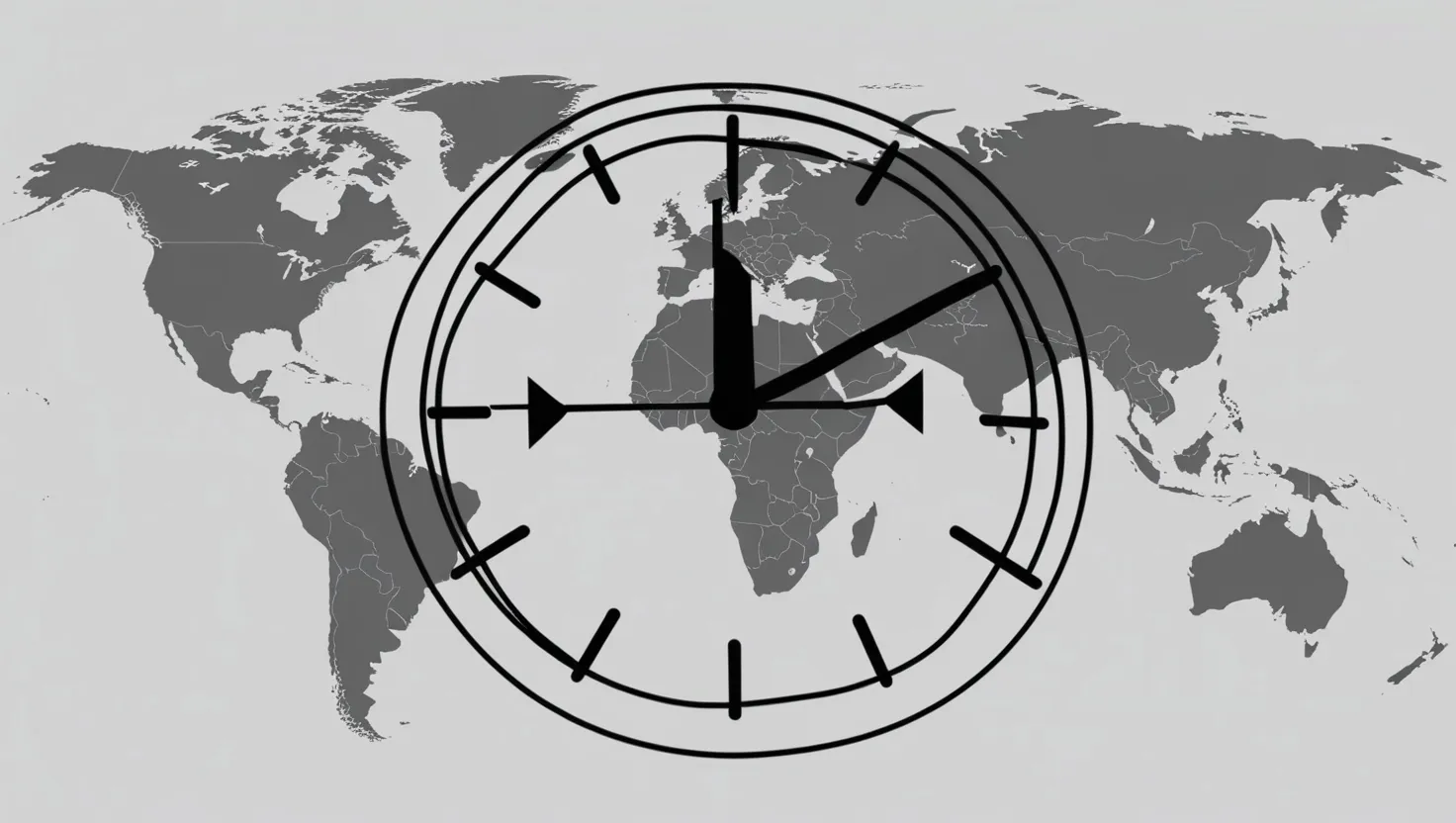Mastering the Art of Flawless Execution: The Incremental Task Revision Technique
Ever felt overwhelmed by a big project or struggled to achieve perfection in your tasks? You’re not alone. But what if I told you there’s a simple yet powerful method that can transform the way you tackle challenges? Enter the Incremental Task Revision technique - a game-changer for anyone looking to level up their execution skills.
Let’s dive into this approach that’s been quietly revolutionizing how people get things done, from everyday chores to complex professional projects.
At its core, the Incremental Task Revision technique is all about breaking down big, scary tasks into bite-sized, manageable chunks. It’s like eating an elephant - you do it one bite at a time. But it’s more than just splitting tasks; it’s about constant refinement and improvement.
Picture this: You’re planning a wedding. Overwhelming, right? But with this technique, you start by listing all the major components - venue, catering, guest list, etc. Then, you tackle each one step by step, constantly reviewing and tweaking as you go. Before you know it, you’re walking down the aisle, and everything’s perfect.
Now, let’s talk about why this method is so darn effective. First off, it takes the pressure off. When you’re staring at a mountain of work, it’s easy to freeze up. But when you’re just focusing on one small step at a time, it feels doable. It’s like the difference between trying to jump to the top of a staircase versus taking it one step at a time.
But here’s the real magic - the revision part. As you complete each mini-task, you’re not just ticking boxes. You’re learning, adjusting, and improving. Maybe you realize that the venue you picked needs a bit more decoration. No problem - you can easily tweak that in your next step.
This approach isn’t just for big projects, though. It’s a life-changer for everyday tasks too. Take cooking, for instance. Instead of trying to whip up a gourmet meal from scratch, you start with simple recipes. Each time you cook, you refine your technique, try new ingredients, and before you know it, you’re hosting dinner parties like a pro.
One of the coolest things about this technique is how it meshes with our natural learning process. Our brains love patterns and repetition. By breaking tasks down and revisiting them, we’re essentially training our brains to get better and better at what we do.
Now, let’s talk tech for a sec. We’re living in a golden age of productivity tools, and they’re perfect for this method. Apps like Trello or Asana let you create boards for your projects, break them down into cards or tasks, and easily move things around as you refine your approach. It’s like having a digital whiteboard that you can access anywhere.
But it’s not all about the tools. The real power comes from the mindset shift. Instead of seeing tasks as one-and-done deals, you start viewing them as ongoing processes. It’s like the difference between a snapshot and a video - you’re capturing the whole journey, not just the end result.
This approach is a game-changer in the workplace too. Imagine you’re leading a team project. Instead of dumping a huge to-do list on your team, you break it down into sprints or phases. After each phase, you have a quick check-in. What worked? What didn’t? How can we improve? This constant feedback loop keeps everyone engaged and ensures the project keeps getting better as it progresses.
Let’s talk money for a minute. The Incremental Task Revision technique is a godsend for managing your finances. Instead of making a vague resolution to “save more,” you start with small, specific goals. Maybe it’s cutting out one coffee shop visit a week. You track that for a month, see how it goes, and then adjust. Maybe you realize you can cut two visits, or that you’d rather save somewhere else. It’s all about small, manageable changes that add up over time.
Now, I know what you’re thinking - “This sounds great, but I’m already juggling a million things. How do I find time for all this revision?” Here’s the secret: it doesn’t have to be a huge time commitment. Even a quick five-minute review at the end of each day or week can make a massive difference. It’s about quality, not quantity.
One of the coolest things about this technique is how it builds confidence. When you’re constantly making small improvements, you start to see yourself as someone who can handle challenges. It’s like working out - each small gain in strength or endurance builds on the last, and before you know it, you’re doing things you never thought possible.
Let’s talk about failure for a sec. In the traditional approach to tasks, failure can be devastating. You put all this effort into a big project, and if it doesn’t work out, it feels like a total waste. But with the Incremental Task Revision technique, failure is just part of the process. Each setback is an opportunity to learn and adjust. It takes the sting out of failure and turns it into a valuable tool for improvement.
This method is also fantastic for creativity. When you’re not pressured to come up with the perfect solution right off the bat, you’re free to experiment. Maybe you’re writing a novel. Instead of trying to craft the perfect opening chapter, you start with a rough draft. Then you revise, tweak, and polish. Each revision brings new ideas and improvements you might never have thought of if you were aiming for perfection from the start.
Now, let’s address the elephant in the room - perfectionism. For some of us, the idea of constantly revising might trigger our perfectionist tendencies. But here’s the thing: this method actually helps combat unhealthy perfectionism. It teaches us that improvement is a journey, not a destination. There’s no such thing as perfect - there’s only better than yesterday.
One area where this technique really shines is in habit formation. We all know how hard it is to build new habits. But when you apply the Incremental Task Revision approach, it becomes so much easier. Start small - maybe you want to read more, so you commit to reading one page a day. As that becomes easy, you increase it to two pages, then a chapter. Before you know it, you’re devouring books like never before.
Let’s talk about how this applies in different fields. In software development, it’s the cornerstone of agile methodologies. Developers release early versions of their software, get feedback, and constantly iterate. In fitness, it’s the principle behind progressive overload - gradually increasing the weight or reps in your workouts. In education, it’s the basis of spaced repetition learning techniques.
One of the most powerful aspects of this technique is how it changes your relationship with time. Instead of seeing time as this scarce resource that’s always running out, you start to see it as a tool for constant improvement. Every day, every hour becomes an opportunity to refine and improve.
Now, I’m not saying this technique is a magic bullet. Like any tool, it takes practice to use effectively. You might find yourself over-complicating things at first, or struggling to find the right balance between action and revision. But stick with it, and I promise you’ll start seeing results.
In conclusion, the Incremental Task Revision technique is more than just a productivity hack. It’s a philosophy for approaching life’s challenges, big and small. It teaches us that excellence isn’t about grand gestures or overnight success, but about consistent, thoughtful improvement over time. So next time you’re faced with a daunting task or a big goal, remember: break it down, take it step by step, and never stop refining. You’ve got this!






